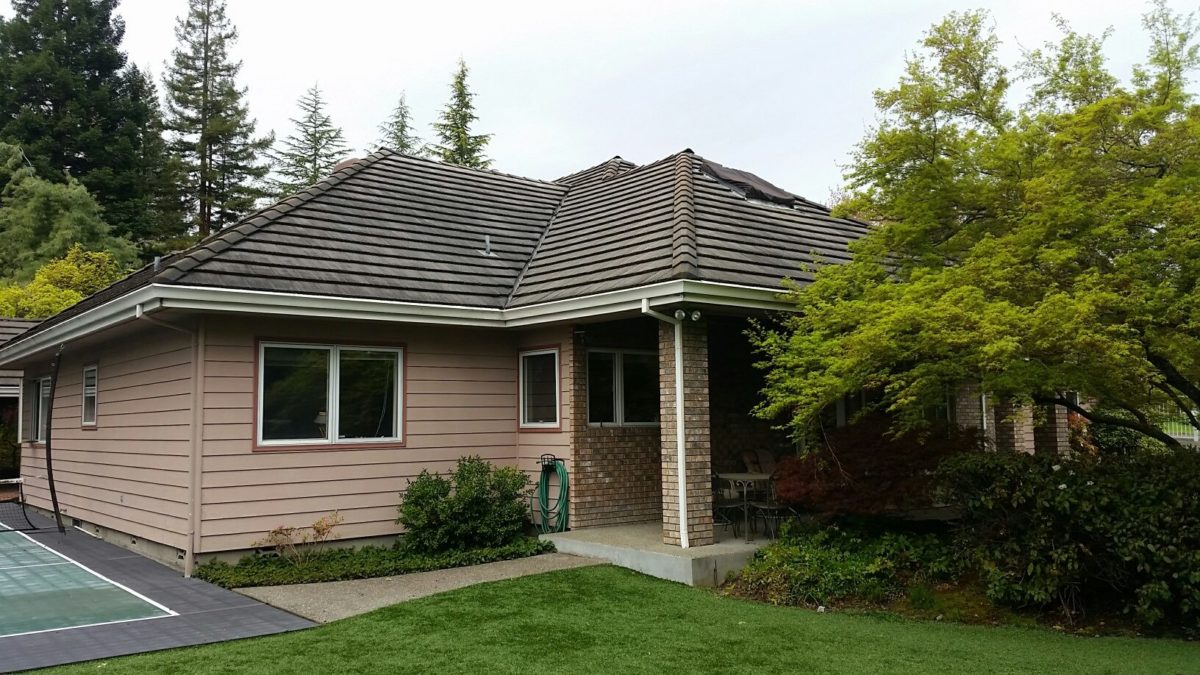Unfortunately, this tunnel vision is costing people a lot of money. It is usually those who are only thinking about the difference in interest as a return on investment or some other parameter they feel is of the upmost importance. They neglect the current and actual effects of the decision. When I looked at the actual effect on my life, paying off the debt won hands down and here is why.
The loan I was looking to pay off was an owner carry mortgage I negotiated back in 2006 when I purchased a small apartment complex with no money down and owner financing. The terms of the loan included an option to pay interest only for as long as I wanted and the loan had to be paid in full in 30 years, which would be in 2036.
Because it was owner financed I did not have to pay loan origination fees, commercial appraisal fees, or points. I also bought the property directly from the owner with no realtor. I had previously purchased a property from him and when he wanted to sell this one, he came to me before listing it, and I bought it. I saved a lot of money on the purchase thanks to his offering the financing.
I was paying 6% interest on the loan. Some would say I should have done a refinance to lower my interest rate. But I view refinancing as a major hassle, finding a bank who was willing to loan me the money, getting an appraisal on the property, doing all the paperwork, paying all the fees up front just to end up with loan terms that included a ten-year balloon, at which time I would need to do another refinance.
I see many people refinancing their loans every time the interest drops a half a point. Since refinancing a loan is not enjoyable, and I prefer to use my free time doing things I enjoy, I prefer not to refinance even if I get paid for my efforts. I do not enjoy the six weeks of back and forth with the bank, all the paperwork and a bunch of new fees to pay, all for a little bit of money saved in interest that often aren’t realized for a couple years due to the added fees that counteract the interest savings. Consequently, I have only done one bank refinance in my life. The seller who gave me owner financing on a property a few years before, had a change in his financial situation and asked if I would pay him off. As a favor to him I did a bank refinance and paid him off. Yes, I got a better interest rate, but I also got worse terms that included a balloon payment and a bunch of fees. Fortunately, I was able to pay that loan off before the balloon came due.
The loan I was considering paying off had a current balance of $364,374. I made interest only payments for the first eleven years during which time we were paying off our other real estate loans one at a time using the snowball method. When we got down to this loan, we increased our payment to $5,000 a month so that it would be paid off by the maturity date and we would not face a balloon payment at the 30 year mark.
When I work with my financial makeover students, we discuss what order to pay off their debt using the snowball method. I don’t use the traditional snowball where the smallest debt is paid off first, or the avalanche method of paying off the debt with the highest interest first. We look at four different ranking criteria and order the loans using each method, then we add up the rankings for each loan to achieve the best order to pay them off. One of the criteria I call the return on payoff, which is the effective cash flow you gain by paying off the loan. We calculate this by using the total annual payments divided by the payoff amount. This is an effective cash flow return on investment (ROI).
For the loan I chose to pay off the ROI would be calculated by using the $5,000 a month payment that I am currently making multiplied by 12 months, which equals $60,000 a year. In order to eliminate that $60,000 annual payment, I would need to pay $364,374. Worded differently, if I pay $364,374 I will get a guaranteed $60,000 annual cash flow in return. 60,000/364,374 = 16.5% ROI for the remaining life of that loan.
I can’t think of any place else I could invest that money to get a guaranteed 16.5% return each year. The stock market averages around 10% a year, is not guaranteed, and is thought to be currently overpriced and ready for a drop.
When you consider paying off a mortgage, you can’t look at only the interest rate, you must also consider the ROI of the cash flow you will get from paying off the loan. This is a tremendous advantage in households with tight budgets. How would your budget look if your income took a jump of $60,000 a year? That extra $60,000 a year income could mean the difference between retiring this year or working a few more.
The longer you have had the mortgage, the better this return gets. Your monthly payment is usually constant over the life of the loan, while the outstanding balance keeps getting smaller. So, every year you will get a better return by paying off the loan than the year before.
There were other benefits to paying off the loan besides the great boost of cash flow. We now don’t need to make a payment every month, which involved writing and mailing a check which sometimes needed to be done while we were traveling. The risk of foreclosure went away as well.
This decision also eliminated the last non-family member to which our real estate company owed money. Now the only people who are receiving interest income from our real estate business are our family members. We feel very good about letting them continue to make profit off our dealings. You can learn more about how we started this transfer of wealth to our family members by reading the chapter on How to Finance Real Estate Investment Property in my book The Doctors Guide to Real Estate Investing for Busy Professionals.
There were multiple options I could have chosen to use my cash windfall:
1: Pay off the mortgage
2: Keep the mortgage and invest in another property
3: Keep the mortgage and invest in the stock market
4: Refinance the mortgage and invest the windfall
5: Cash out refinance the mortgage and invest even more money
6: Give the money away to charity and take the deduction
7: Pass the money on to my heirs
8: Spend the money
I enjoy options that are simple and provide a good return. I have never played the game of squeezing every last dollar out of everything I do, as if I was an extreme couponer. Simple deals with good returns sound great to me. I guess I am a tortoise and not a hare. Getting a guaranteed 16.5% return on my money by simply writing a check sounded really good. The benefits of a simpler life with a little less risk and more cash flow made this a great choice.
What about you, what would you do if you had a cash windfall?
,





